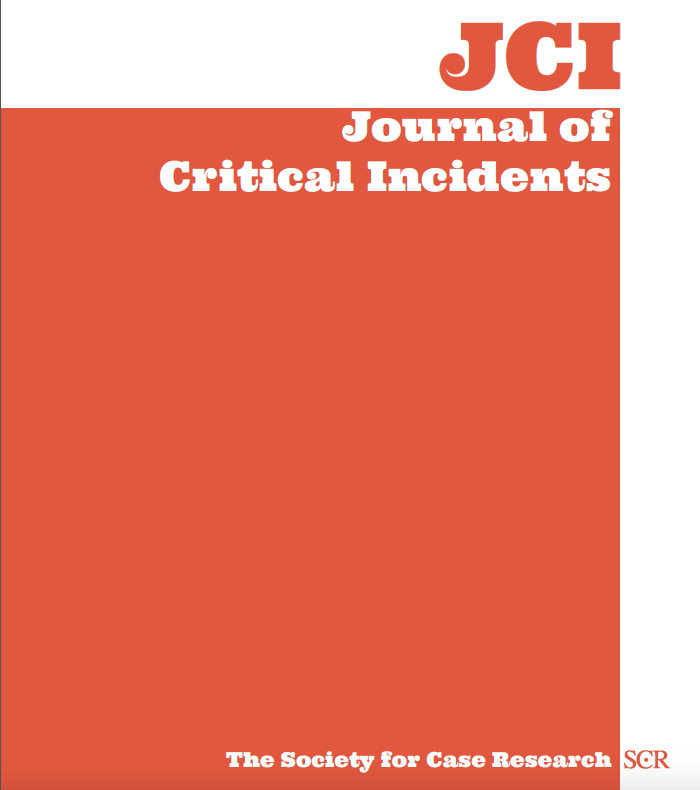Cheerleaders Fired over Zoom: Was it unfair?

"We were shocked," said Erica Hanner. "None of us had any idea that this was coming. It hurt a lot, honestly. I was speechless for probably 10 minutes after. I stood there staring at my phone saying, 'This can't be real. Did that just happen?'" (Frumin & Johnson, 2021). Since they were given short notice, only about half the Washington Football Team cheerleaders attended the Zoom meeting (Frumin & Johnson, 2021). The year had been very difficult, so they had eagerly awaited the call, hoping for good news about the next season. Never turning his video on, Chris Bloyer, the Senior Vice President of Operations and Guest Experiences, joined the call and then, simply, told the women that the entire cheerleading program was put on “pause” immediately due to rebranding; in essence, they were fired (Griffin, 2021). The cheerleaders were put on mute, so they were not able to ask any questions. In 4 minutes, those on the call watched their careers evaporate. Others found out several hours later. The women – 36 in total – were left shocked and upset.
1. Describe the three types of organizational justice evidenced in this incident.
2. Analyze reactions and explain with organizational justice principles (including distributive justice, procedural justice, and interactional justice) why the cheerleaders felt so wronged.
3. Summarize why organizational fairness perceptions matter.
4. Evaluate this situation using types/bases of trust.
